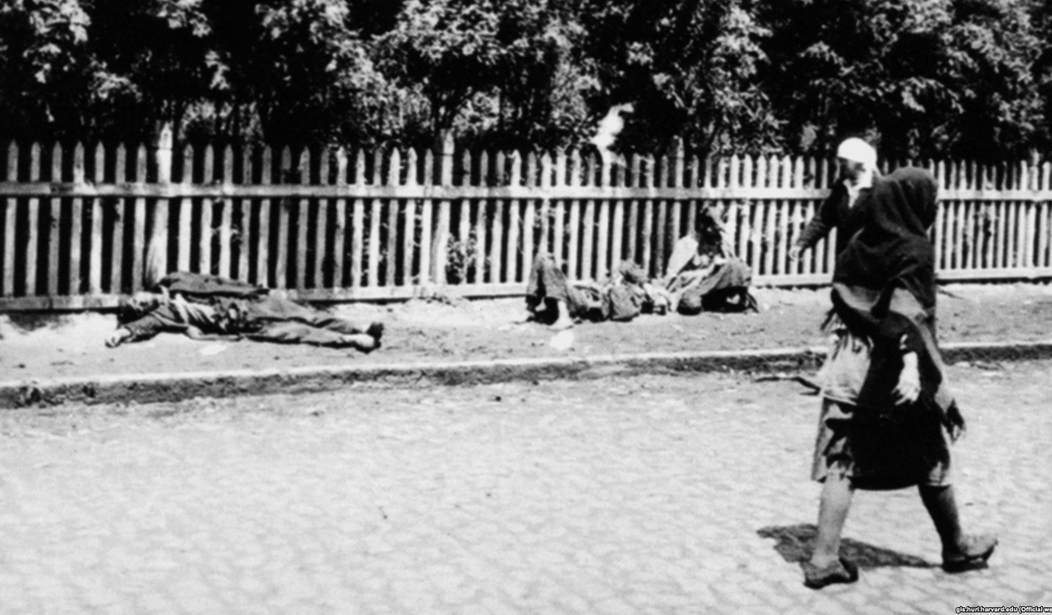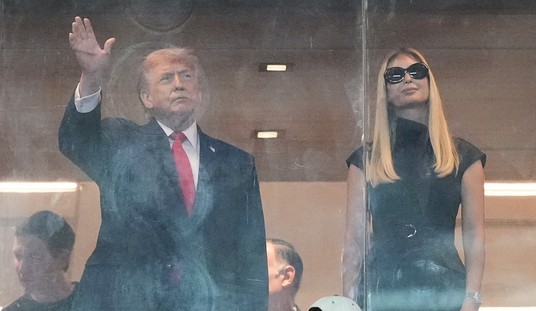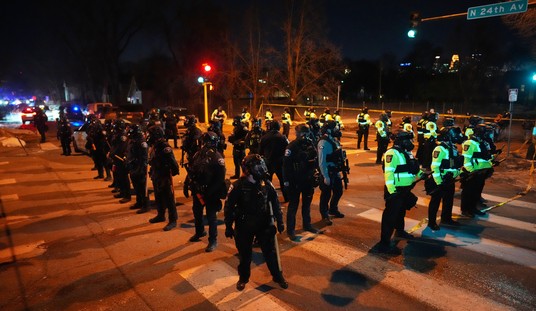One of the greatest Western composers in history, Pyotr Ilyich Tchaikovsky, was recently canceled because, well, he was Russian. Russian arts — ballet, painting exhibits, and recitals — have been canceled, probably for a good reason. We just haven’t figured it out yet.
Disney is pulling cartoons with Russians in it. And big corporations like Shell, General Motors, BP, and other major firms have announced plans to leave Russia.
But if we’re going to cancel Russians, why in the name of all that is good and holy are we still not canceling the New York Times reporter Walter Duranty, whose propaganda dispatches from Ukraine not only hid from Times readers the famine in the early 1930s that killed millions but won Duranty a Pulitzer Prize for that “reporting”?
PJ Media used to present the “Walter Duranty Prize for Journalistic Mendacity” to worthy (or, as the case may be, unworthy) reporters. But with Russians murdering Ukrainian civilians, it is right and proper to recall the Ukrainian Holodomor where upwards of 2 million Ukrainians were deliberately and mercilessly starved to death, as well as Duranty’s unspeakable defense of Josef Stalin despite knowing in great detail what Stalin’s forced collectivization was costing in human lives.
Duranty has long since been convicted in the court of history as a moral monster, more interested in currying favor with the Soviet dictator than in conveying the truth about Stalin’s policies. The issue has never gone away in part because the New York Times continues to boast of Duranty’s Pulitzer as one of the heaps of honors it has accrued over the years. The Pulitzer Committee lends itself to this vainglory in its stubborn refusal to stand behind its decision of ninety years ago.
So why withdraw it now? Because we are at another historical juncture that reminds all the civilized world of the earlier atrocities — and the role of the press.
In 2003, the Pulitzer Prize Committee examined the decision to give Duranty the most coveted award in journalism. While they admitted Duranty’s reporting was lousy, they could find no evidence of deliberate deception.
In its review of the 13 articles, the Board determined that Mr. Duranty’s 1931 work, measured by today’s standards for foreign reporting, falls seriously short. In that regard, the Board’s view is similar to that of The New York Times itself and of some scholars who have examined his 1931 reports. However, the board concluded that there was not clear and convincing evidence of deliberate deception, the relevant standard in this case. Revoking a prize 71 years after it was awarded under different circumstances, when all principals are dead and unable to respond, would be a momentous step and therefore would have to rise to that threshold.
The notion that Duranty did not deliberately try to deceive his readers about conditions in Ukraine is ludicrous.
By early 1932, the famine was in full swing. Some visitors took photographs of the horrors and wrote about them in the Western press, but at the New York Times, Walter Duranty was still busy assuring Americans that all was well in the communist utopia, and the ghastly stories of adults and children starving to death were mere anti-Soviet propaganda.
The bodies of the dead littered the streets and the countryside. If Duranty didn’t see it, it’s because he didn’t want to see it.
This is not dissimilar to the Times‘ 2018 Pulizter Prize for its reporting on the “Russian collusion” story.
Receiving a prize for coverage of something that never happened is the perfect mirror image of receiving a prize for not covering something that did. It is a nice embellishment that both awards deal with Russia. It is as though the Pulitzer Committee has a compulsion to align itself with falsehoods whenever there is a chance to build fake news on Russian perfidy.
It’s time to recognize the damage done by Mr. Duranty to the truth and revoke his Pulitzer Prize.










Join the conversation as a VIP Member